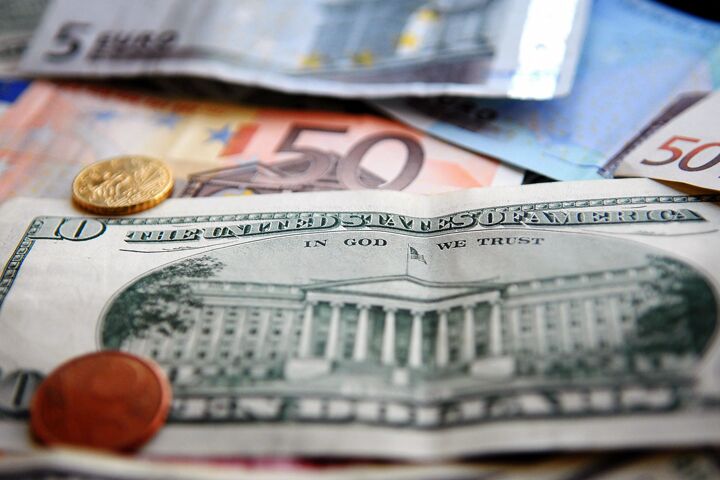
Foreign Currencies at Record Highs Against U.S. Dollar
The euro ended Tuesday within a hair’s breadth of setting a new record high against the dollar. Recent trading has pounded the dollar while helping the Chinese yuan, British pound, and Canadian, Australian and New Zealand dollars to hit multi-year or all-time highs.
The euro now trades at $1.36, up from $1.20 a year ago and from a mere 83 cents in October 2000.
The pound hit a 26-year peak at $2.0197 on July 2, while the yuan ended July 3 at a record high of 7.5937 (yuan to a dollar), up from 8.28 yuan to the dollar in July 2005.
Within the last month, the Australian, New Zealand and Canadian dollars each reached 17-year, 22-year and 30-year highs respectively.
A slowing economy, housing market troubles, accelerating growth in the money supply, and the massive debt and trade deficit are now starting to visibly weigh on the U.S. dollar. Foreign nations have reduced their percentage of dollar holdings as economic instability in the U.S. threatens the value of their dollar investments.
According to Gary Dorsch, editor of the Global Money Trends newsletter, even the Chinese, who have been one of the dollar’s strongest supporters over the past few years, are now starting to turn from the greenback, as evidenced by their recent reduction in U.S. Treasury holdings.
If dollar weakness continues, the Federal Reserve may be forced to start raising interest rates again. That is not good news for the economy, or for anyone holding U.S. Treasuries or bonds, since existing Treasuries and bonds become worth less as interest rates rise.
China and Japan combined hold over a trillion dollars in U.S. Treasuries. Every time the Federal Reserve raises interest rates, it lowers the value of their holdings. If these nations ever decided to begin selling their U.S Treasury portfolios—which becomes a stronger possibility if they feel U.S. rates will rise much further—then you can say “Look out below” for the dollar’s value.
